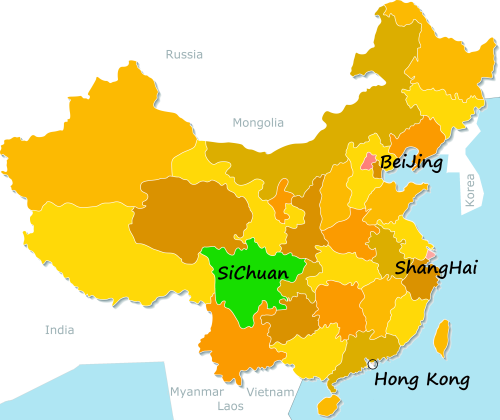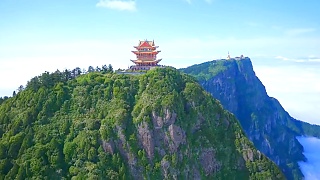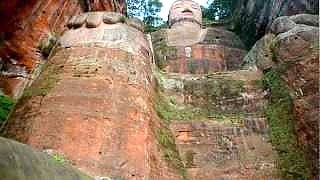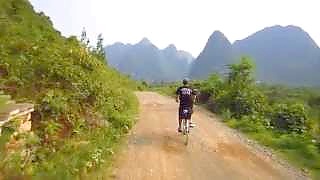SiChuan Province Tour, China
This itinerary covers a diverse range of experiences in SiChuan Province, including city exploration, natural wonders, and cultural immersion.
Week 1: Chengdu and Surroundings
- Explore the vibrant city of Chengdu, visit Tianfu Square, and experience local cuisine at Jinli Ancient Street.
- Visit the Chengdu Research Base of Giant Panda Breeding to see adorable pandas in their natural habitat.
- Take a day trip to the Leshan Giant Buddha, the world's largest stone Buddha statue, and explore the surrounding area.
- Visit the Wuhou Shrine and Jinsha Site Museum to learn about the history of the region.
Week 2: Jiuzhaigou Valley and Huanglong
- Travel to Jiuzhaigou Valley, a UNESCO World Heritage Site known for its stunning turquoise lakes, waterfalls, and forests.
- Explore the scenic beauty of Jiuzhaigou National Park, including stops at Shuzheng Valley, Rize Valley, and Zechawa Valley.
- Visit Huanglong National Scenic Reserve, famous for its colorful pools, snow-capped peaks, and ancient temples.
- Enjoy hiking opportunities in both Jiuzhaigou and Huanglong, taking in the natural splendor of the region.
Week 3: Mount Emei and Leshan
- Travel to Mount Emei, one of the Four Sacred Buddhist Mountains of China, and explore its scenic beauty and religious sites.
- Hike to the Golden Summit of Mount Emei to see the sunrise and visit the Huazang Temple and Giant Buddha Statue.
- Explore the ancient town of Leshan and visit the Lingyun Temple before taking a boat ride to see the Giant Buddha from below.
- Take a relaxing stroll along the riverside and enjoy local cuisine in Leshan.
Week 4: Western Sichuan and Tibetan Culture
- Travel to Western Sichuan to explore the stunning landscapes of the Tibetan Plateau.
- Visit the town of Tagong and its famous Tagong Monastery, surrounded by picturesque grasslands and snow-capped mountains.
- Explore the town of Litang and visit the Litang Monastery, one of the largest and most important Tibetan Buddhist monasteries in Sichuan.
- Experience the unique Tibetan culture and hospitality in the region, including traditional dances, music, and cuisine.

 A month in China : SiChuan province : tour suggestion from BeiJingBuzzz
A month in China : SiChuan province : tour suggestion from BeiJingBuzzz


![[xvideo v=QRafITNPXIE][xvideo v=JKkr9qgsRNc] Awesome SiChuan 四川 province](https://img.youtube.com/vi/fZ3NVtIeYW0/mqdefault.jpg)














